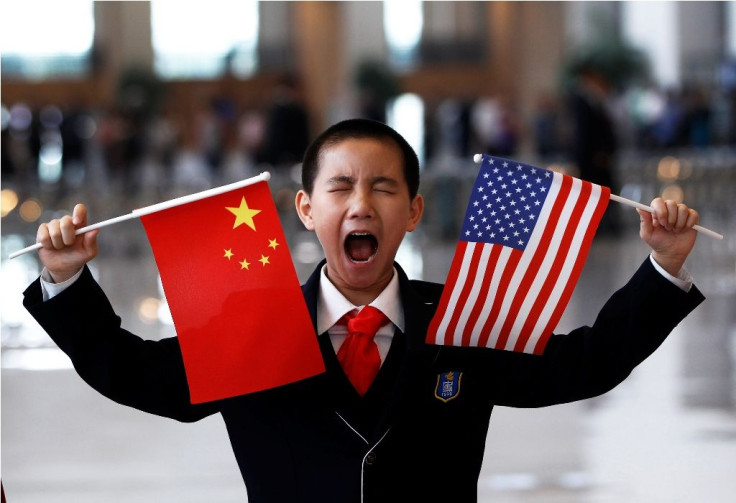Chinese Agent Pays Thousands Of Dollars To US State Department Contractor For Spying; Justice Department Refuses To Prosecute Despite FBI Probe

A Chinese agent allegedly paid a U.S. State Department contractor to spy on the U.S. However, the Justice Department refused to prosecute even though there was an FBI probe.
Fox News obtained unsealed court documents related to a November 2014 FBI affidavit filed in the U.S. District Court for the District of Maryland. The documents show that the contractor admitted that she had contacts with people she believed to be from Chinese intelligence.
Translator Xiaoming Gao was paid "thousands of dollars to provide information on U.S. persons and a U.S. government employee," agent Timothy S. Pappa’s affidavit says. She also admitted that she had meetings in Chinese hotel rooms for several years. She said that she had reported to “Teacher Zhao” on her U.S. social contacts.
The documents also say that she had disclosed travel plans of an ethnic Tibetan and an American to Zhao. It was known that Chinese intelligence officers interrogated the American later during his trip to Tibet. The FBI also came to know that one member of the person’s family had been imprisoned.
According to the documents, the translator lived with a State Department employee for free. The employee designed high-security embassies and held a top-secret clearance. The State Department employee designed the U.S. compound in Pakistan’s capital city. The employee told the FBI that he had not discussed his job with Gao. However, he changed his statement later on.
The U.S. attorney's office in Washington DC, responsible for overseeing the case, refused to prosecute Gao. It also allowed the court documents to remain unsealed.
According to former senior Justice Department Thomas Dupree, it is puzzling to find that the prosecution was refused. "It's not clear to me, based on the court files that were unsealed, how a prosecution of this person could possibly have compromised U.S. intelligence gathering," Dupree said, "If it jeopardises or threatens to disrupt relations with another country, so be it."
Dupree added that the line had to be drawn somewhere. He said that a message needed to be sent that such conduct and activity would not be tolerated.
U.S. officials charged five military officers in November 2014 after accusing them of hacking U.S. companies. It was accused that the Chinese officers tried stealing trade secrets from the metal, solar and nuclear companies.
Contact the writer: s.mukhopadhyay@ibtimes.com.au






